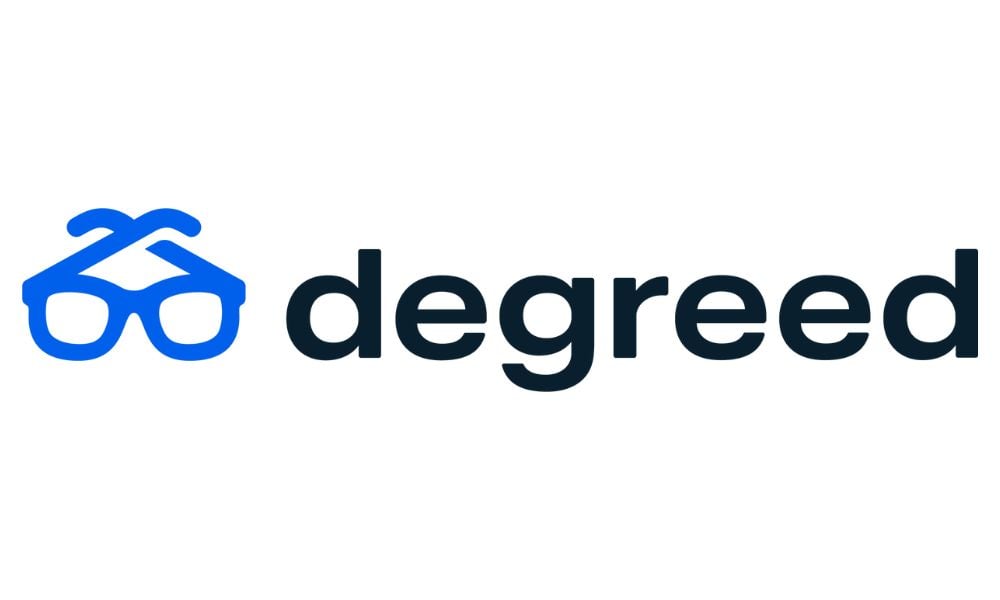
Find out how organizations around the globe are facing challenges in talent acquisition

This article was produced in partnership with Degreed.
In a workforce era dubbed “The Year of the Employee,” today’s labour market is enjoying a shift in the employer-employee power dynamic which once favoured steadfast employer propositions but now skews more closely toward employee values, priorities, and career goals. With unemployment at a 15-year low, companies that offer the benefits, tools, and workplace cultures that meet evolving employee expectations stand not only to win the war on attraction and retention but will also gain a valuable competitive edge.
One of the keys to achieving these goals is to provide employees with the opportunity to improve their skills and advance in their careers. By creating dynamic learning cultures that grow, engage, and empower workplace talent, forward-thinking companies can build the types of environments today’s talent will respond to, improving both employee and employer resilience.
Learning innovators Degreed says eight in 10 employees do not have the skills they need for their current roles, or to progress into advanced company roles. A recent study commissioned by Degreed and conducted by independent research-based consulting firm Forrester Consulting reveals the benefits and cost savings the Degreed platform can enable.
Titled The Total Economic Impact of Degreed, (TEI) the Forrester study examines the potential return on investment (ROI) enterprises can realize by implementing Degreed as an essential way of expediting onboarding processes; upskilling employees; optimizing operational readiness; improving retention; and significantly reducing outsourced content expenditures.
To create a framework that would best demonstrate study findings, Forrester researchers interviewed five Degree clients and aggregated their experiences and results into a composite organization that serves as ground zero for the outcomes the study yielded.
During their interviews, decision-makers noted that prior to investing in Degreed they struggled with onboarding processes that did nothing to expedite new hire productivity and faced high turnover because of a lack of effective skills development protocols. Timeworn learning management systems (LMS) they’d been relying upon were unable to resolve complex issues at scale, resulting in team lead frustration and employee indifference.
Forrester’s TEI study revealed companies that adopted the Degreed platform improved time-to-productivity for newly onboarded employees by 20%; reduced turnover in key roles and employee groups from 10% to 2%; improved upskilling of current employees by 35% and by 25% for trainers; and saved hundreds of thousands of dollars in outsourced content that either went unused or was found to be outdated or irrelevant.
By tapping into employee potential and helping employees advance proficiencies through accessible continuous learning, companies can build the skill sets they need internally to combat the challenges today’s talent-stressed external labour force presents.
Degreed offers a human-centric learning approach that streamlines processes while prioritizing employee engagement. The platform serves as a hub for personalized, self-directed learning, and an open ecosystem that allows learning and development teams (L & D) to create, crowdsource, and curate effective company-wide learning pathways that are accessible and scalable. It replaces synchronous teaching events and onerous one-way learning systems with a one-stop gateway to a well-organized, clearly laid out resource super-compendium.
“We were trying to build our employees’ skills to use new technology as we innovated our products,” notes a TEI interviewee and head of L&D in consumer goods. “Before Degreed, we couldn’t do this globally. Employees just couldn’t access all the material needed when using our previous systems,” they explain.
Degreed helps team leaders overcome upskilling challenges by helping employees master new skills in a way that feels natural. Iterative courses, meaning courses that build one upon the other, foster engagement and lead to ongoing learning and progression.
“Everyone has a different style of learning,” says the head of L&D for a Degreed telecommunications client. “Degreed accommodates people who prefer going through stuff on their own and don’t like workshops and endless amounts of just one-way learning.”
While Degreed improves outcomes in self-directed learning, it significantly reduces the time it takes trainers to bring employees up to speed.
“Degreed enables our L&D teams, as well as our business units themselves, to craft learning pathways that help our associates go from a novice level in a given skill to proficient and, ultimately, to expert,” says the L&D lead at a financial services company.
In this way, Degreed is as much an upskilling tool as a key part of a competitive retention strategy. Interviewees reported a marked reduction in turnover which they attribute to the structured mentorship and intentional skills building paths the platform provides to facilitate continued learning once formal training has ended. This was most appreciated by employees who recently entered at leadership role and routinely faced new and difficult decisions.
Beyond the quantifiable data Degreed clients supplied during their interviews, common unquantifiable benefits were also noted. Interviewees say that once Degreed became an integral part of the company they saw a significant improvement in social and team engagement and learning; improved company-wide communications; and a valuable democratization of learning across in-office and remote work environments.
Financial benefits yielded by the aggregated interview data which were risk-adjusted to reflect current values reveals benefits experienced by the composite organization amounted to $6.19 million over three years versus costs of $1.50 million, producing a net present value (NPV) equalling $4.69 million and an ROI of 312%.
Choosing the right learning technology can mean millions in savings. As the lifelong learning platform for one in three Fortune 50 companies and 400 clients in more than 200 countries, Degreed empowers company growth and innovation by building on employee skills.
Find out how Degreed clients reduced attrition, increased onboarding and upskilling efficiencies, and saved hundreds of thousands of dollars by eliminating outsourced content. Download The Total Economic Impact of Degreed study to learn more and begin innovating for the future.